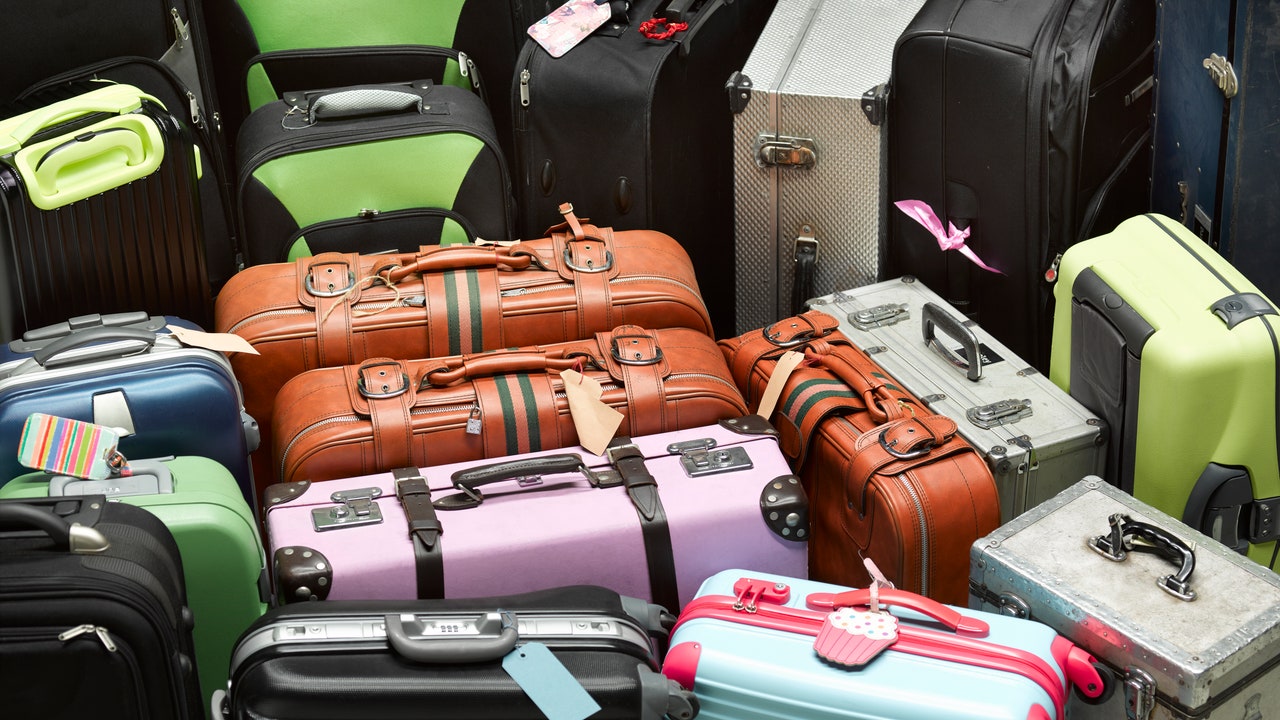The European Union's recent attempt to relax restrictions on liquids in hand luggage has been put on hold, with the 100ml rule reinstated across the bloc. The news comes as a blow to travellers who had been anticipating the introduction of new scanners, potentially allowing larger quantities of liquids in carry-on bags.
The decision to revert to the 100ml limit was prompted by technical issues with the new scanners. A report by the European Commission, sent to the European Civil Aviation Conference (ECAC) in May, revealed that the scanners were unable to reliably detect harmful substances in containers exceeding 330ml.
While the new scanners are considered "high quality", the Commission maintains that the restriction is a temporary measure, implemented in alignment with international partners. However, no specific end date for the rule change has been announced.
The return to the familiar 100ml restriction is likely to have minimal impact on many travellers, who are already accustomed to the existing rules. However, those who booked flights prior to the announcement may find themselves without sufficient allowance in their hold luggage and forced to pay extra for additional baggage.
Tim Hentschel, CEO and co-founder of HotelPlanner.com, warns that many travellers could face the dilemma of paying for an upgrade to their luggage allowance to accommodate their toiletries and other liquids. The cost of extra baggage can vary significantly between airlines, but may reach upwards of £95 in some cases.
Adding to the inconvenience, airports have already faced extended queues since the introduction of the new scanners. According to a 2024 report by Which?, Birmingham Airport experienced the longest security wait times among UK airports, averaging 29 minutes. The report attributed these delays, in part, to the installation of the new machines.
With the return of the 100ml rule, Hentschel advises travellers to stay informed and allow ample time for airport procedures. He cautions that the unexpected rule change could lead to lengthy queues and a heightened risk of missing flights. The traditional "three-hour rule" may no longer suffice, with delays expected to exceed an hour in some instances. Travellers are strongly advised to arrive at the airport well in advance of their flight departure.
Article
Business

EU Hand Luggage Rules: 100ml Limit Back in Place - What You Need to Know

